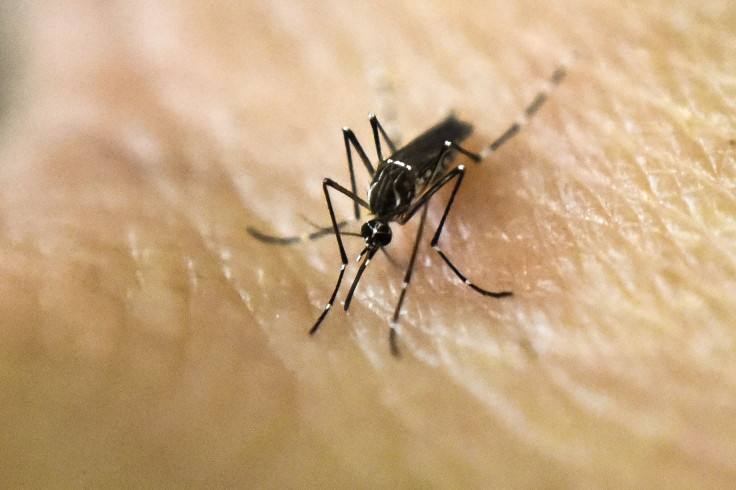Rare But Deadly Mosquito-Borne Disease Detected In Michigan, Urging Precautions

Michigan is facing a concerning development as a rare and deadly mosquito-borne disease, Eastern Equine Encephalitis (EEE), has been detected in the state. Mosquitoes in Bay County tested positive for EEE, the same virus that caused a deadly outbreak in Michigan back in 2019.
EEE is recognized as one of the most dangerous mosquito-borne diseases in the U.S., with a 33% fatality rate in humans. The virus is transmitted through the bite of an infected mosquito and can lead to brain swelling and infections. While fewer than 6% of individuals bitten by EEE-carrying mosquitoes develop the disease, those who do can experience swift and severe illness, Detroit Metro Times reported.
Symptoms of EEE include headache, fever, chills, body and joint aches, vomiting and tremors. In more severe cases, individuals may experience disorientation, seizures, coma and even death, according to the Centers for Disease Control and Prevention (CDC). The disease often causes inflammation of the brain, potentially resulting in long-term brain damage for survivors. Horses, in particular, have a staggering fatality rate of 90% when infected with EEE.
State veterinarian Nora Wineland emphasized the importance of taking precautions, stating, "This detection shows the virus is present in the environment and highlights the need to take precautions."
To protect animals from mosquitoes, Wineland advised placing livestock in a barn under fans during peak mosquito activity, eliminating standing water on one's property, using approved insect repellent on animals and vaccinating horses against EEE and other mosquito-borne diseases under the guidance of a veterinarian.
An average of 11 human cases of EEE are reported annually in the U.S., with Michigan, Massachusetts, Florida, Georgia and North Carolina experiencing the highest number of cases from 2012 to 2021. In Michigan specifically, there have been 22 human cases since 2003. Last year, no human cases were reported, but three cases were detected in domestic horses. In 2020, there were four human cases with two fatalities, and one human case was reported in 2021.
The 2019 outbreak in Michigan was particularly severe, with 10 human cases and six deaths. As a result, health officials at the time advised the public to cancel outdoor events after dusk to mitigate the risk of EEE transmission.
To prevent EEE, it is crucial to avoid mosquito bites. The Centers for Disease Control and Prevention (CDC) recommends using mosquito repellent, wearing long sleeves and pants in wooded or swampy areas and eliminating standing water in bird baths, flower pots and any other containers that can hold water.



























